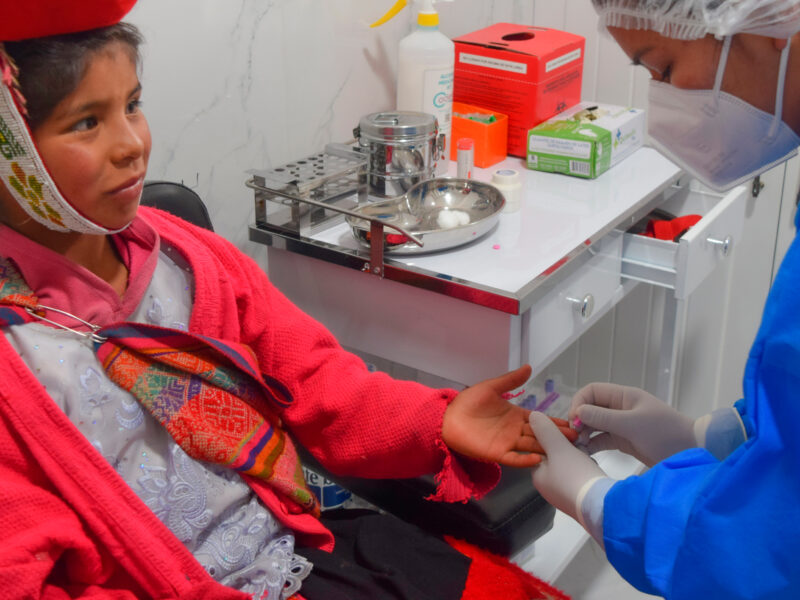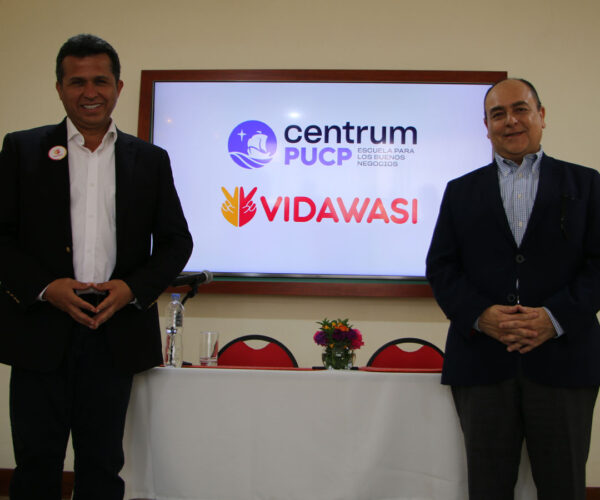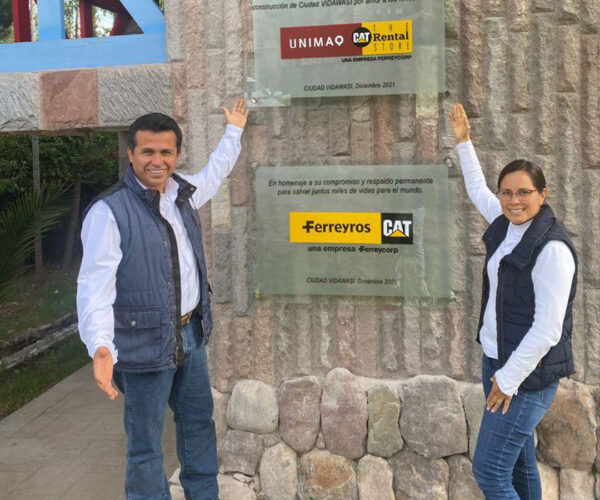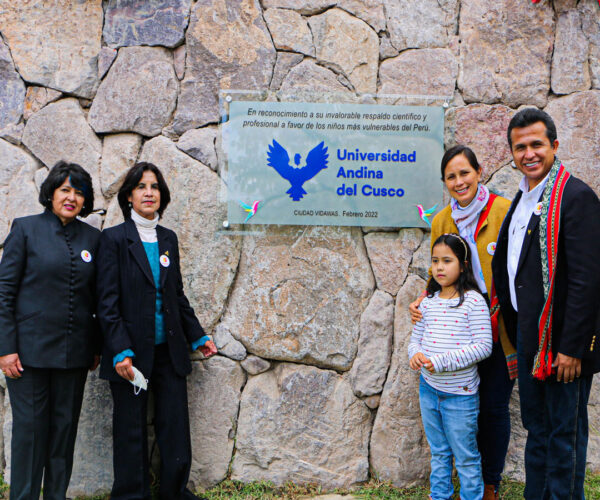Some takeaways from Mike:
-
Opium, an extract of the poppy in question, can both induce pleasure and reduce pain. Though opium has remained in use ever since, it wasn’t until the 19th century that one of its chemical compounds, morphine, was identified and isolated for medical use
-
Morphine, codeine, and other substances made directly from the poppy are called opiates
-
In the 20th century, drug companies created a slew of synthetic substances similar to these opiates, including heroin, hydrocodone, oxycodone, and fentanyl
-
Synthetic or natural, legal or illicit, opioid drugs are very effective painkillers, but they are also highly addictive. In the 1980s and 90s, pharmaceutical companies began to market opioid painkillers aggressively, actively downplaying their addictive potential to both the medical community and the public.
-
The number of opioid painkillers prescriptions skyrocketed, and so did cases of opioid addiction, beginning a crisis that continues today
-
Each of these drugs has slightly different chemistry, but all act on the body’s opioid system by binding to opioid receptors in the brain.
-
The body’s endorphins temper pain signals by binding to these receptors, and opioid drugs bind much more strongly, for longer
Full credits also to Ted-Ed.
To book contact Enrique Fabular on 0466731000 or Click Here To Book







































